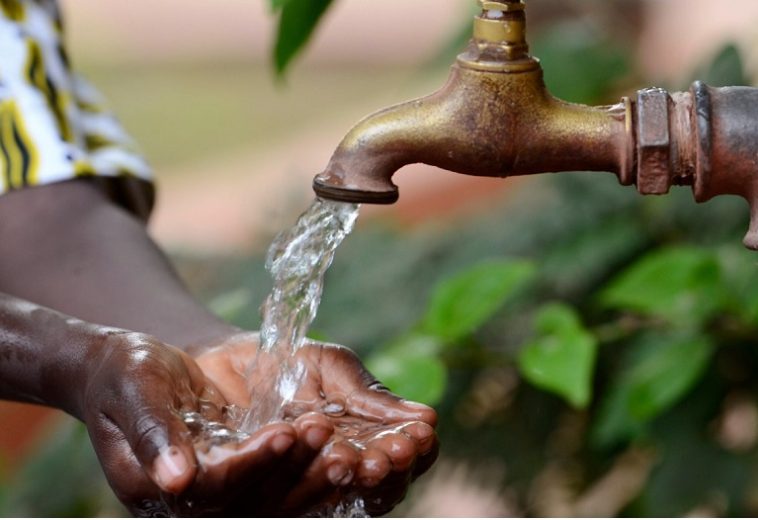In the aftermath of pandemics such as COVID-19 and Ebola, Africa has demonstrated resilience in addressing the psychological impacts left in their wake. Despite the significant mental health challenges posed by these crises, many African nations are actively working to improve mental health services and raise awareness. This shift recognises mental health as an essential component of overall well-being, elevating it from a secondary concern to a critical priority.
Depression affects approximately 5% of adults globally, with 6% of women and 4% of men experiencing the condition. Women are disproportionately affected, with over 10% of pregnant women and new mothers suffering from depression. Tragically, suicide is a major consequence, leading to over 700,000 deaths worldwide each year, making it the fourth leading cause of death among 15- to 29-year-olds.
The World Health Organisation (WHO) reported that during the first year of the COVID-19 pandemic, the global prevalence of anxiety and depression increased by a staggering 25%. However, despite these alarming figures, governments worldwide allocated just over 2% of their health budgets to mental health on average. Many low-income countries reported having fewer than one mental health worker per 100,000 people.
In South Africa, a survey found that 10-15% of respondents reported intense anxiety and fear as a direct result of the pandemic. A broader study across six African countries revealed that 43% of respondents experienced negative mental health effects due to COVID-19. Insomnia also became prevalent, driven by anxiety and uncertainty. For instance, during the Ebola outbreak in West Africa, over 40% of the affected population reported insomnia. The combination of fear, loss, and economic hardship created a perfect storm for mental health disorders, underscoring the urgent need for robust mental health interventions.
Economic Impact and Mental Health
The economic fallout from these pandemics has further contributed to the mental health crisis. COVID-19 alone resulted in substantial job losses across Africa, exacerbating stress and anxiety. By mid-2020, approximately 30 million jobs had been lost across the continent, deepening the mental health challenges. The connection between unemployment and mental health is well-documented, with job loss being a significant trigger for depression and anxiety.
Africa’s Recovery Efforts
Expansion of Mental Health Services
Despite the pandemic’s challenges, African nations have made notable strides in enhancing mental health services. South Africa, for example, increased its mental health budget by 10% during the pandemic, enabling the recruitment of more mental health professionals and the expansion of telehealth services. Similarly, Kenya introduced the “Kenya Mental Health Policy 2021-2030,” which aims to integrate mental health into all levels of healthcare, a move expected to benefit millions.
According to the WHO, mental health services coverage in Africa has increased by an average of 15% since the onset of the COVID-19 pandemic—a significant improvement given the previous underfunding of these services.
Community-Based Interventions
Recognising the importance of community in mental health recovery, African countries have launched community-based mental health programmes. In Liberia, where the Ebola outbreak had devastating effects, the government partnered with international organisations to train over 2,000 community health workers in mental health support. These workers have been crucial in providing psychological first aid and counselling to Ebola survivors and their families.
Additionally, Rwanda’s “StrongMinds” initiative, which uses group therapy to treat depression, has reached over 120,000 individuals since 2020, helping to alleviate pandemic-related stress and anxiety.
Support for Healthcare Workers
The mental health of healthcare workers, who have been at the forefront of pandemic responses, has been a particular focus. Sierra Leone, for instance, implemented a comprehensive support programme for its healthcare workers, providing counselling services to over 5,000 frontline staff involved in the Ebola response. During the COVID-19 pandemic, countries like Ghana and Ethiopia set up dedicated hotlines offering psychological support and counselling services to healthcare workers, helping to prevent burnout and maintain resilience.
READ ALSO:Cross-Border Healthcare in Africa: Successes and Challenges
International Collaboration and Funding
International collaboration has been crucial in Africa’s mental health recovery. The African Union, in partnership with the WHO, launched the “Mental Health Action Plan for Africa 2023-2030,” aiming to increase access to mental health services across the continent by 30% over the next decade. Additionally, the World Bank has provided over $300 million in funding for mental health programmes in Africa since the start of the COVID-19 pandemic, supporting initiatives in countries like Nigeria, Kenya, and South Africa. These funds have been used to train mental health professionals, expand services, and launch public awareness campaigns.
Challenges and the Path Forward
Despite these significant efforts, challenges remain. The mental health infrastructure in many African countries is still underdeveloped, with an average of just 1.4 mental health workers per 100,000 people, according to WHO data. Cultural barriers and the stigma associated with mental health issues continue to hinder recovery efforts.
To overcome these challenges, continued investment in mental health is essential. African governments must prioritise mental health in their healthcare budgets, while international partners should sustain their support. Ongoing public education and awareness campaigns are also crucial to reducing stigma and encouraging individuals to seek help.


















